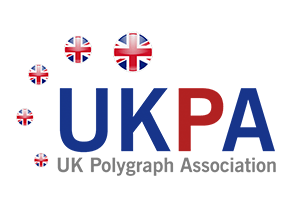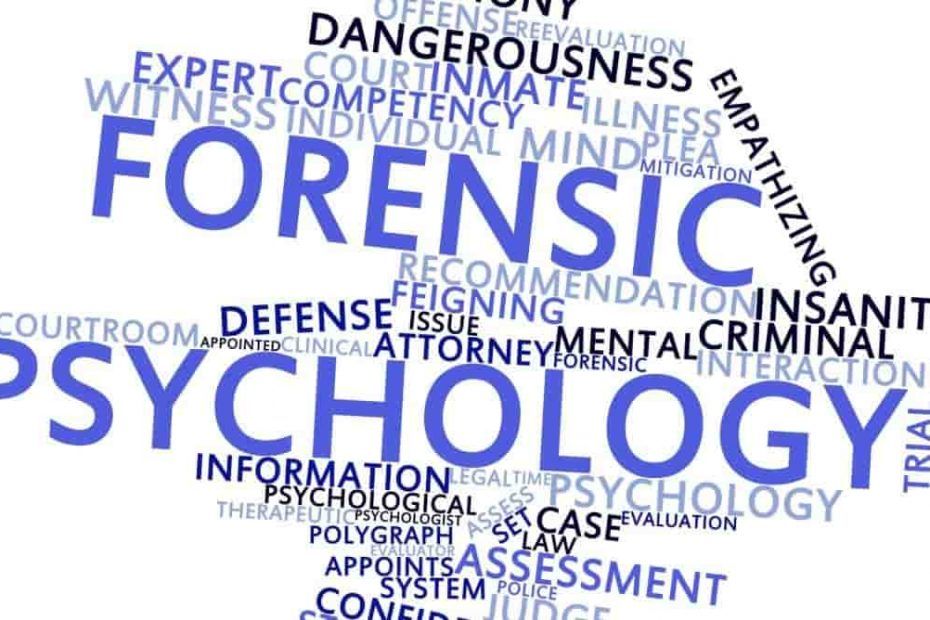Forensic Psychology — An Overview
Forensic Psychology is predominantly used in criminal cases to ascertain the connection between the individual behaviour and also the relevance and significance to the criminal act and law. As a derivative of overall emotional practices, The American Psychological Association specify the process as being research to the human behaviour and how this can be connected to both civil and criminal law enforcement. The forensic Psychologist would show up in the court room as a expert opinion and is contested on the basis of the suspects crime.
What’s Forensic Psychology associated with the Private Lie Detector Test?
It is frequently assumed that the personal lie detector test is strictly concentrated on bodily signs of deception and most of the rumours around cheating a test relies on trying to trick a machine. Secondly, most significantly the test is conducted with a forensic psychologist who is drawing analysis about the topic from the onset of the process and throughout the polygraph examination. The APA recognized the benefits in assessing the notions of a suspect in the time of a crime and in a personal matter like infidelity, the notions, provocation and psychological constitute the suspected party can also be measured and help substantiate findings whilst encourage the polygraph part of this test.
The Lie Detector Test conducted by our practitioners has a higher level of accuracy and reliability due to involvement of forensic psychology in shaping the level of deception in questioning. Archaic examination styles that rely only on aged polygraph equipment are both unreliable and not appropriate for resolving issues. The increase of such testing to the public sector has been covered with inclusion to counter terrorism, gender offender rehabilitation and high level security clearance it’s paramount to understanding the Lie Detector Test is greater than what meets the eye.
We are often asked why the test may take around 3 hours to conduct, so In terms of sharing knowledge we believed it was important to reiterate the fact that there’s many varying being measured besides those which are immediately evident. The business is constantly developing complex practices to there are lots of benefits still being realised from blending technology, polygraph and psychology.
The Psycho- Analysis involved with the testing process is one more important aspect to encourage findings and substantiate reports. There are also a number of new technological advancements with the emergence of advanced brain sensory recognition (MRI), body matches and the future improvements of this polygraph test will probably be broadly dictated by the development of such technologies and the introduction to the mainstream.
“It has been demonstrated that when someone is lying, areas of the brain linked to decision-making are activated, which lights up on an fMRI scan for experts to see. While laboratory studies showed fMRI’s ability to detect deception with up to 90 percent accuracy, estimates of polygraphs’ accuracy ranged wildly, between chance and 100 percent, depending on the study. The Penn study was the first to compare the two modalities in the same individuals in a blinded and prospective fashion. The approach adds scientific data to the long-standing debate about this technology and builds the case for more studies investigating its potential real-life applications, such as evidence in the criminal legal proceedings”
Perelman School of Medicine at the University of Pennsylvania







